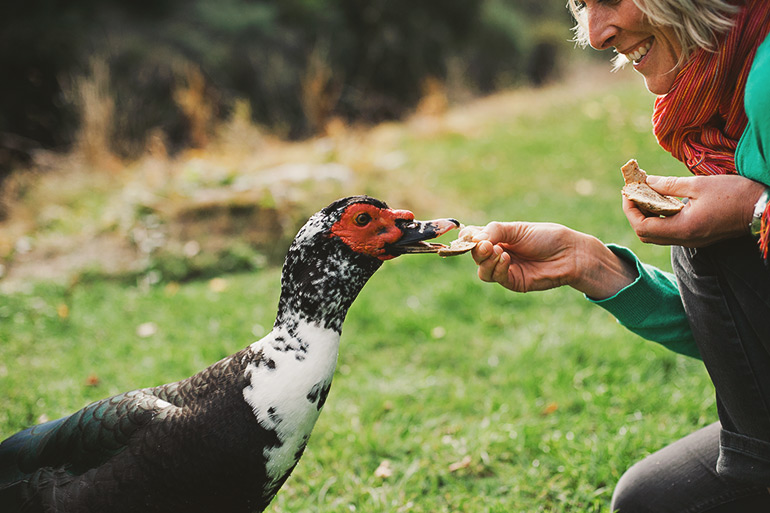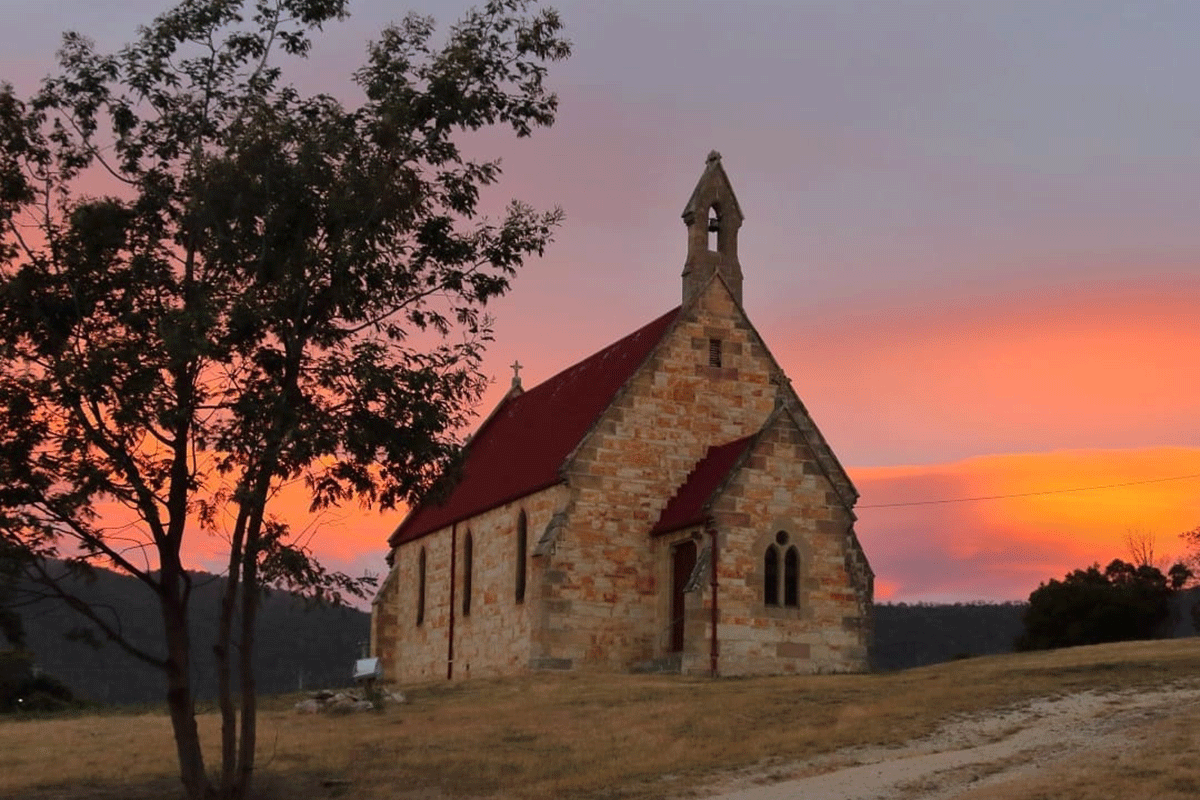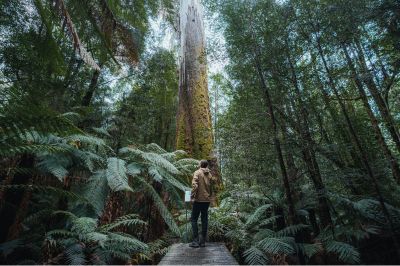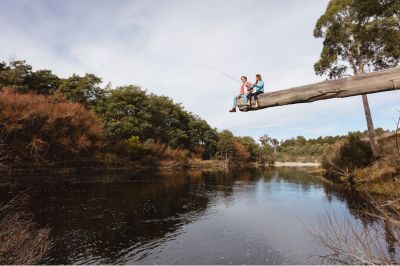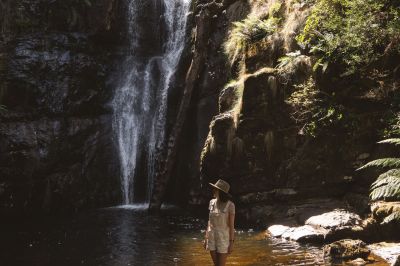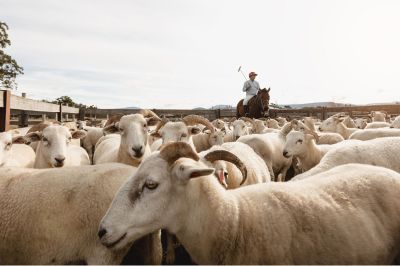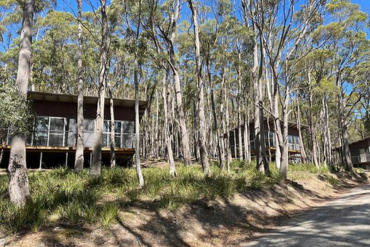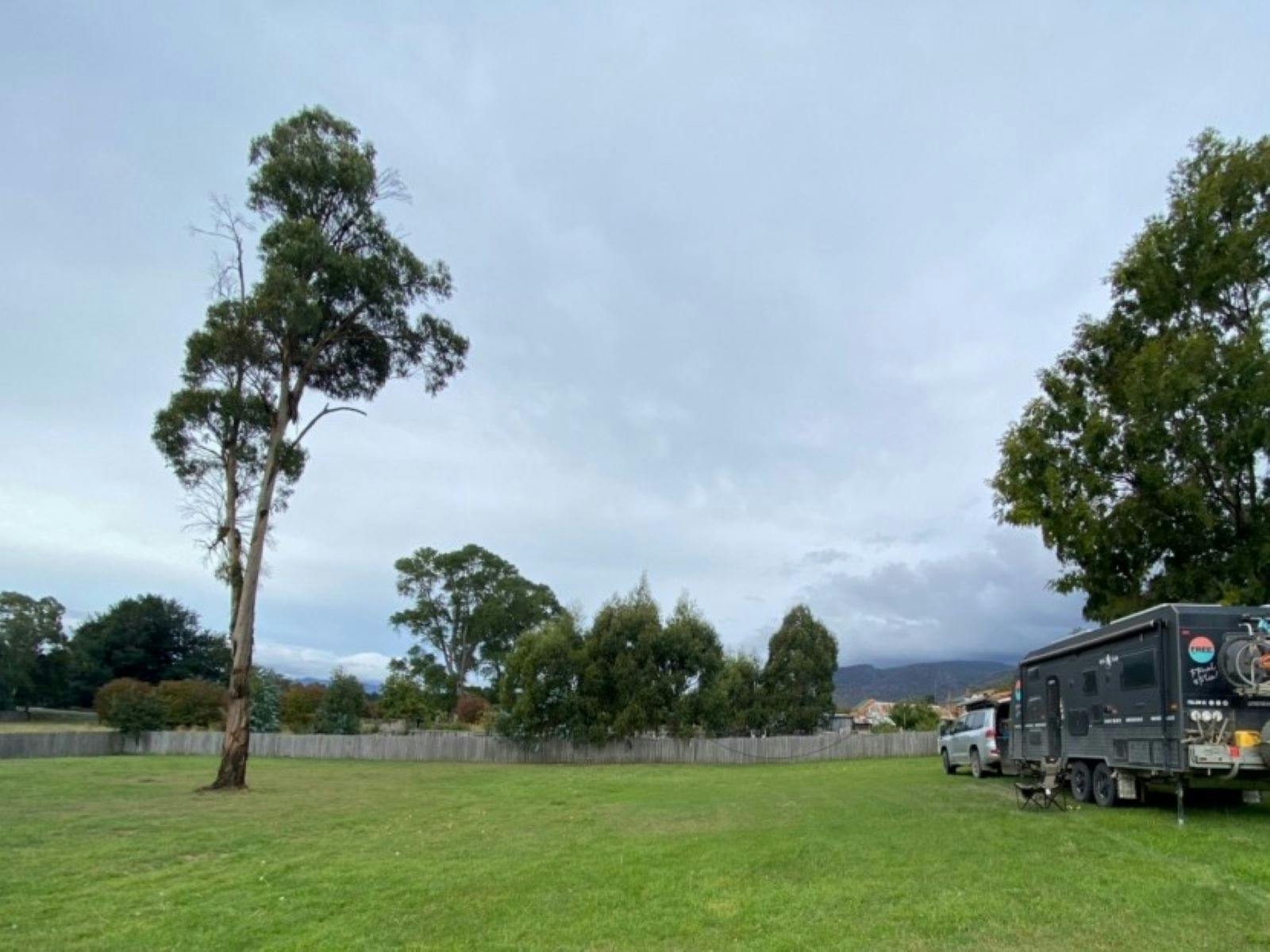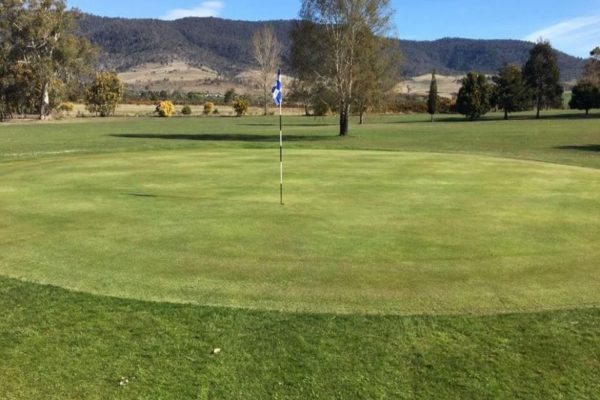Discover Fingal
Fingal was established in 1827 as a convict station and lies in the heart of the Fingal Valley. Sheltered between Stacks Bluff to the north and the Eastern Tiers to the south, this is a town of beautifully intact heritage and proud rural traditions. Today, Fingal is the centre of Tasmania’s coal mining industry.
Towering trees and timeless charm?
It must be Fingal!
Travel inland from the coast via St Marys and pick up a map from the Fingal Valley Neighbourhood House to embark on a self-guided walking tour of historic buildings. The main street features several impressive 19th Century buildings. There are three old churches: St Joseph’s (Catholic), St Peter’s (Anglican) and the original Presbyterian church. You can also see well-preserved convict cells from the original 1830s convict station.
Pack a picnic lunch and visit the Evercreech Forest Reserve, where you’ll encounter the world’s tallest white gum trees—the 90-metre high White Knights—or take the 15-minute drive to Mathinna Falls—a collection of stunning cascades located a short walk from the car park.
An unmissable event on the calendar is the annual Fingal Valley Festival—a robust celebration of local traditions and history that attracts hundreds of visitors each year. Don’t miss the festival’s World Coal Shovelling Championships. Also make sure you stick around for the wood chopping and roof bolting too!
Looking for accommodation? The Creech is a working farm on the banks of the South Esk river offering unique farm stay accommodation and also hosting weddings and events.
Travel times
Fingal is 2 hours and 22 minutes from Hobart and 1 hour and 17 minutes from Launceston.
Recommendations
- Nature experiences: This region is popular for fishing in the Esk River, camping, mountain climbing and four wheel driving.
- Attractions: Evercreech Forest Reserve, Malahide Golf Club, Mathinna Falls
- Accommodation: The Creech
- Food and beverage: Philippa’s Kitchen
- Events and festivals: Fingal Valley Festival including the World Coal Shovelling Championships, wood chopping and roof bolting
#fingal
